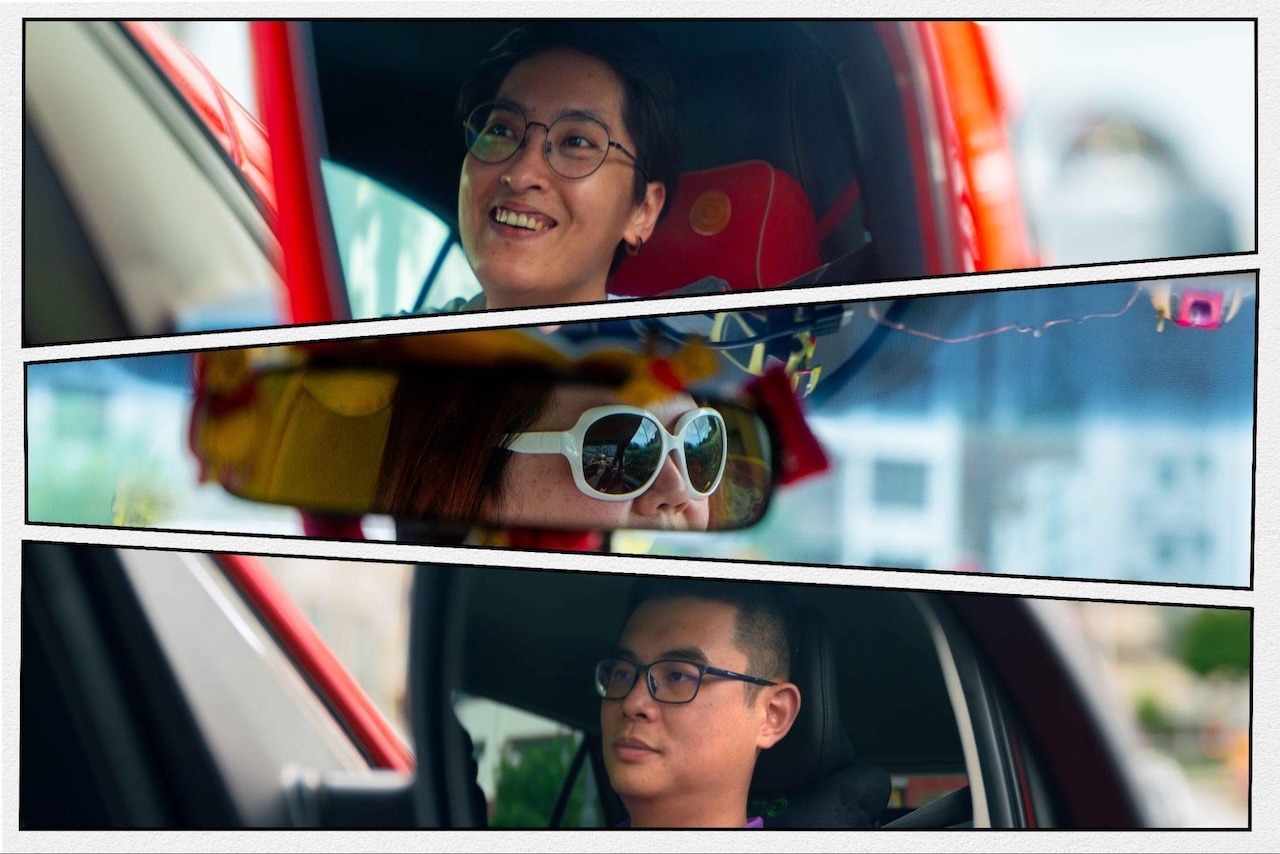Exploring 2024: The Impact of Economic Changes on Singapore's Gig Workers and Side Hustles

Overview of Gig Work in Singapore
In 2024, Singapore's gig economy is a powerful driving force, transforming lives and reshaping economic landscapes. This exploration through the experiences of gig workers highlights their resilience and adaptability in the face of challenges.
Impact of Platforms like Grab
- Gig platforms have revolutionized the way people commute, shop, and earn a living.
- Grab alone facilitated S$2.5 billion in household income across Singapore in 2023.
- Economic contribution of Grab to Singapore's GDP was around 0.8% in 2023.
Stories of Resilience
The following narratives highlight how individuals navigate their lives as gig workers during challenging times.
Belle Pereira: Embracing Flexibility
- Belle transitioned to being a Grab driver after COVID-19 disrupted her acting career.
- She uses her earnings to support her elderly mother, managing caregiving alongside work.
- Belle channels profits into community theater, reinvesting in local talents and businesses.
Carmen Ortega: Balancing Entrepreneurship and Gig Work
- Carmen initially drove for Grab as a side hustle to fund her Thai iced tea business.
- She values the flexibility that allows her to support her parents and pursue personal ventures.
- Carmen reinvests her Grab earnings into her various entrepreneurial projects, helping create future jobs.
Kirby Lim: Redefining Success
- Transitioning from a stable job to a Grab driver has allowed Kirby to prioritize family time.
- His gig work enables him to fund family outings and continue community service through sports events.
- Kirby finds fulfillment in balancing work with personal passions.
Economic Implications
Gig platforms not only support individual livelihoods but also contribute significantly to Singapore's economy.
Growth through Investment
- Small businesses like Maki-San pivoted to delivery services, thriving with the help of platforms like Grab.
- Using their earnings, these businesses refine offerings, boost staff motivation, and enhance operational efficiency.
- This cycle contributes to the broader economy, creating an estimated S$900 million impact on GDP.
Conclusion
Singapore's gig economy illustrates a dynamic interaction between personal stories and economic growth. Each ride or delivery is a thread in the larger fabric of community and commerce, highlighting the necessity of flexibility, resilience, and community support in today's working world.
Source: Rice Media




